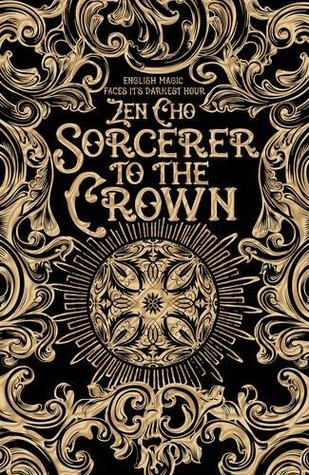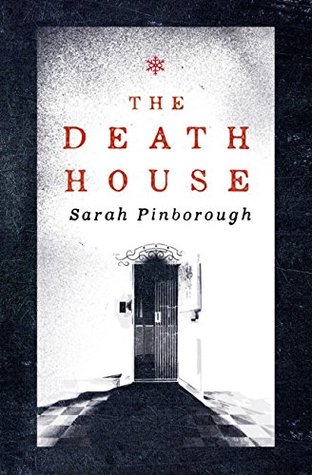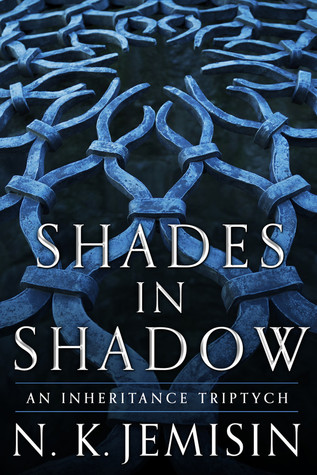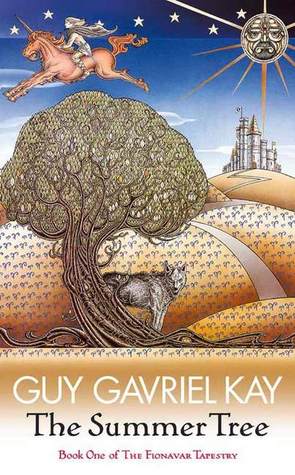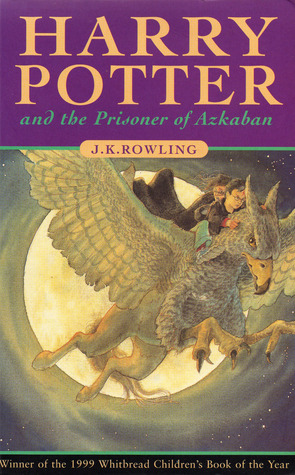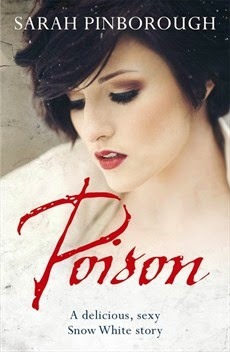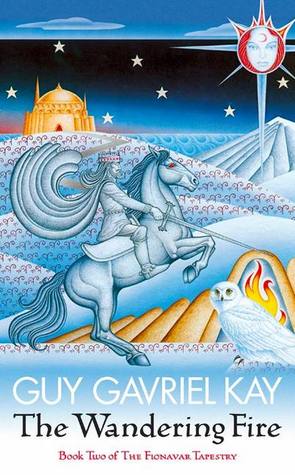 The Wandering Fire, Guy Gavriel Kay
The Wandering Fire, Guy Gavriel Kay
Put together from reviews written in 2010 and 2012
By this point in reading the trilogy, you’ve probably decided whether you can bear with Guy Gavriel Kay’s style or not — whether you can be invested in his characters or not. If the answer is yes, then carry on: he won’t disappoint you. If not, then… I don’t think he will get your attention at all.
The second book of the Fionavar Tapestry feels by far the shortest, to me. That isn’t to say not much happens — a lot does happen, so much that it makes my head spin a little but it mostly seems to happen at the end: for the characters and for the plot, this is a time of waiting, of things coming together. If you’re invested in the characters, though, there’s plenty to worry about: Kim’s dilemmas, whether she has a right to do what she’s doing; Paul’s separation from humanity; and Kevin’s initial helplessness, and then his journey to the Goddess… And there’s Arthur, of course, and the Wild Hunt, and Darien…
The Wandering Fire really introduces the Arthurian thread, which is the newest thing. It’s been hinted at and set up already in The Summer Tree, but it’s in The Wandering Fire that that’s finally articulated. I’m interested as to how much Guy Gavriel Kay has drawn on existing Arthurian legend and how much he has built himself. I haven’t read anything about Arthur being punished over and over again — he’s generally portrayed as fairly virtuous — and I’ve never read anything about Lancelot raising the dead. I do like the way the legend is constructed here — differences to the usual main themes and stories, but using them and showing that the stories we have are supposed to be reflections and echoes of this ‘reality’.
I love the fact that the gods aren’t supposed to act and there are penalties for this… and actually more of the lore about the gods in this world, like Dana working in threes and her gifts being two-edged swords.
The death in this book makes me cry… not the actual death, at least not until the very last line of that section, but the reactions, and particularly Paul’s. This isn’t really surprising, but it highlights once again how much these books make me care.
It’s amazing to me how much I can love almost every word of this book and yet find a small scene was horribly jarring — it’s the same in The Summer Tree, just one scene sticks in my throat and won’t go down. It’s the scene with Kim and Loren, at Maidaladan. It just doesn’t make sense. There’s no build to it. I always thought she should go to Aileron instead… now there’s a build-up that makes at least some sense.
Nonetheless, wow. This book breaks me more every time.
Rating: 5/5

